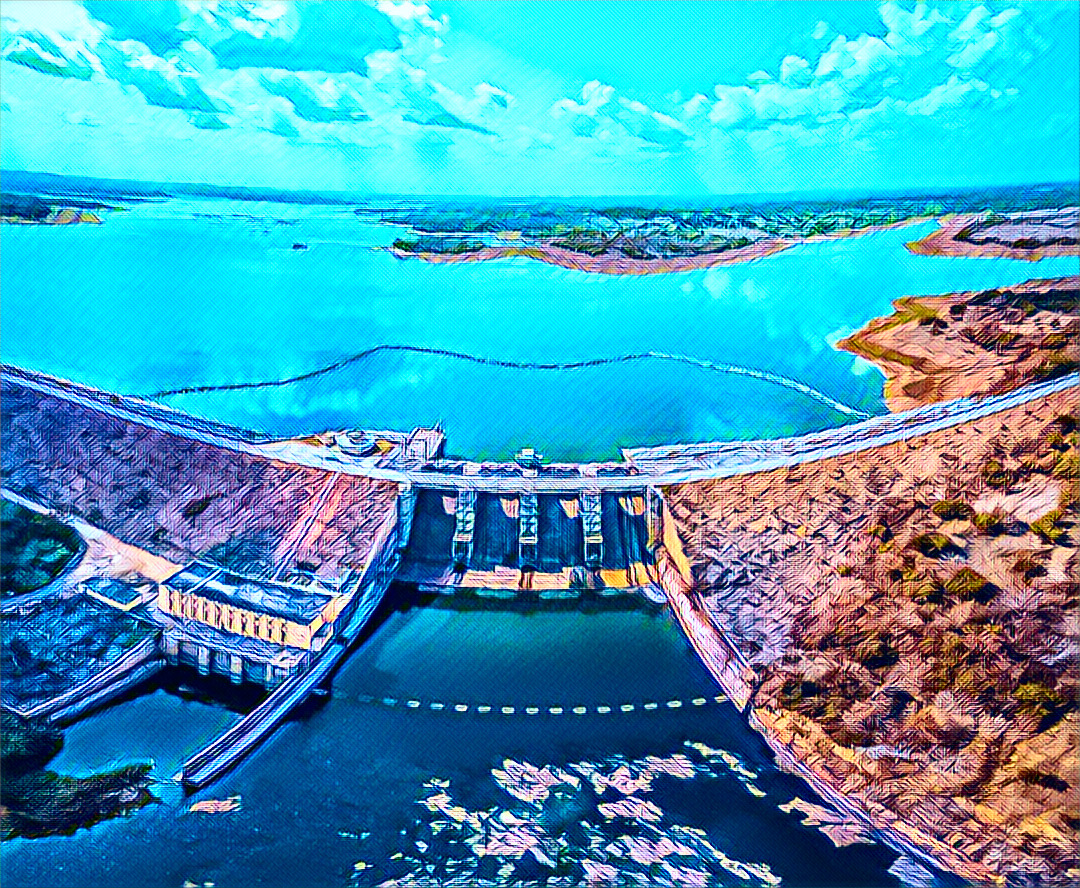KEY POINTS
- Lagos advises residents in flood-prone areas to relocate immediately.
- Oyan Dam’s controlled water release is below dangerous levels.
- Ongoing dredging aims to mitigate future flooding risks.
Due to the Ogun-Osun River Basin Authority’s (OORBDA) controlled release of water from the Oyan Dam, the Lagos State government has advised people in flood-prone areas to migrate amid forecasts of severe rainfall. To prevent possible loss of life and property, the government advised citizens to relocate to higher ground.
Lagos government warns residents to relocate from flood-prone areas
Tokunbo Wahab, the state commissioner for the environment and water resources, gave the warning at a press conference in Alausa, Ikeja, on Thursday.
The OORBDA acknowledged Wahab’s concerns about the Oyan Dam’s water discharge’s effects, particularly on the villages along the Ogun River, which feeds into Lagos. He clarified that stringent safety procedures are followed when operating the dam in order to mitigate flood risks and avoid structural damage.
The commissioner stressed that the Nigerian Meteorological Agency’s (NiMet) forecasts, the Nigeria Hydrological Services Agency’s (NIHSA) flood outlooks, and real-time hydrological data are the basis for decisions about water release.
Wahab stated that current releases are recorded at 208 cubic meters per second, with the dam gates only open at 12% capacity. “As of October 12, 2024, 1,484.2 million cubic meters of water have been released, which is below the average annual flow of 1,770 million cubic meters,” Wahab said.
Wahab reassured locals that the risk of excessive water discharges is reduced because 62.1% of the dam’s flood control capacity is still intact. He added that more than 52 streams that contribute to rising water levels also cause floods in impacted areas, in addition to the dam itself.
Dredging efforts underway to reduce flood risks across the state
According to a report by Vanguard, OORBDA started dredging the Ogun River downstream to expand its capacity in order to reduce the risk of flooding. In order to prepare for water releases, the Lagos State government also carried out dredging in places including Ajegunle, Owode-Elede, and Ajelogo.
Wahab advised locals to be on guard, refrain from doing anything that could obstruct drainage systems, and notify the appropriate authorities of any obstructions. He underlined how crucial community collaboration is to maintaining clear drains and averting flooding.
“Lagos will continue working closely with relevant agencies and affected communities to protect vulnerable groups and address any humanitarian concerns,” added the governor.


